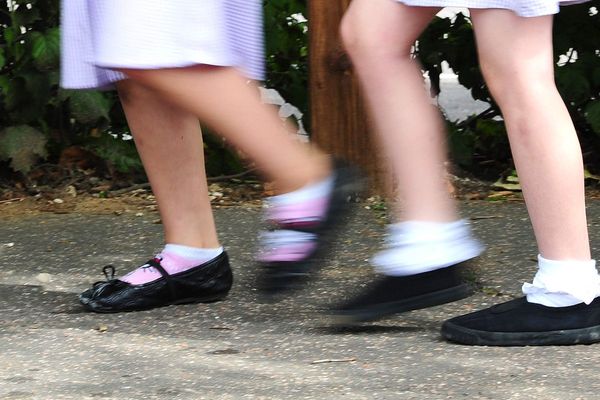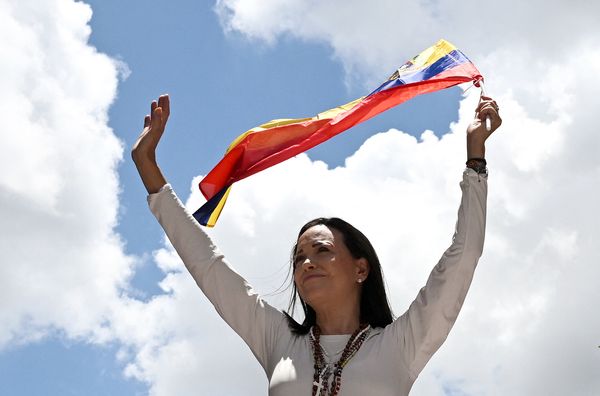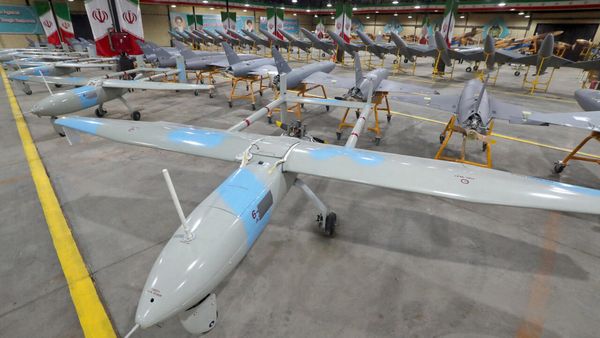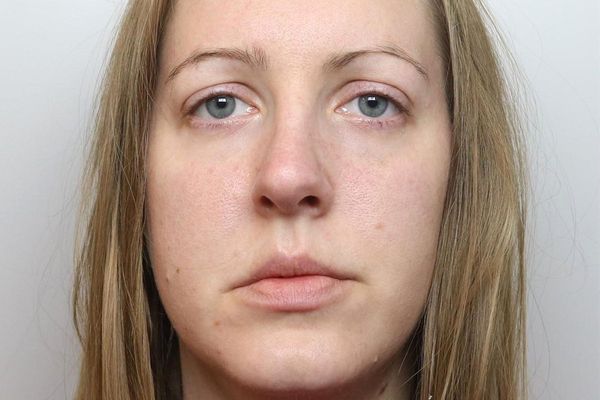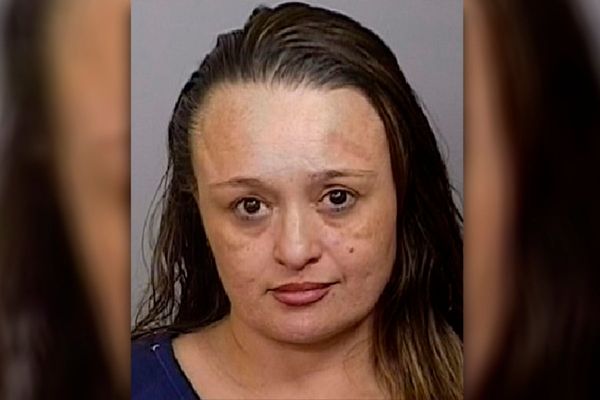
Black and minority ethnic people in the UK are more than twice as likely as white people to experience “deep poverty” – extreme levels of hardship meaning they struggle to afford everyday basics such as food and energy, analysis has found.
It says they are more exposed to the cost of living crisis than white people as a result of ethnic minority incomes having slumped faster and further in recent years, leaving them more at risk of fuel poverty, food insecurity and destitution.
The Runnymede Trust charity, which published the analysis, said black and minority ethnic families faced the “strongest headwinds” in the coming months as the UK headed into a fresh living standards crisis, and were more likely to “go without.”
Halima Begum, Runnymede’s chief executive, said: “We talk about this cost of living crisis in universal terms. No one is immune from the consequences. However, what’s clear from this research is that some groups are less equal and more impacted than others, including our black and minority communities.”
A household is in deep poverty if its income falls more than 50% below the relative poverty line, itself defined as 60% of the median UK income.
The analysis found:
Despite making up 15% of the UK population, minority ethnic people account for 26% of those in deep poverty. They were 2.2 times more likely to be in deep poverty than white people. Bangladeshi people were more than three times more likely.
There was a racial inequalities dimension to social security cuts over the past decade, with black and minority ethnic families losing £806 a year on average, compared with £454 a year less for white families.
While government measures to limit the impact of soaring gas and electricity are likely to reduce fuel poverty rates among white people by 53%, they will fall by only 35% for black and minority ethnic communities.
Runnymede’s head of research, Shabna Begum, said: “Differences in relative and deep poverty may be something we talk about as percentage figures, but in real life we are talking about the pounds and pennies that make the difference between survival and destitution.
“For so many of our black and minority ethnic families this means making decisions about whether to use their gas cooker or only buy food that can be heated in a microwave, whether parents eat or feed their prepayment electricity meter, or whether they can afford the £1 donation to charity their child’s school is requesting for non-uniform day.”
Total numbers in deep poverty – estimated at 4.5m in 2019 by the Social Metrics Commission – have been rising in recent years even as relatively poverty levels remained constant.
A recent analysis by the Joseph Rowntree Foundation estimated that the number of people in deep poverty rose from 1.8 million in 2002-03 to 6.5 million in 2019-20, although it used a different definition of less than 40% of the UK median income. In cash terms this meant £266 a week after housing costs for a couple with two young children.
The JRF noted that even with government cost of living crisis support measures there were “intense concentrations of people missing our on the basics, and living constantly on the brink of crisis”.
A government spokesperson said: “We recognise people are struggling with rising prices in different ways, which is why we have put in place a range of measures to protect millions of the most vulnerable families, including £1,200 of direct payments and saving households an average of £1,000 a year through our new energy price guarantee.”

